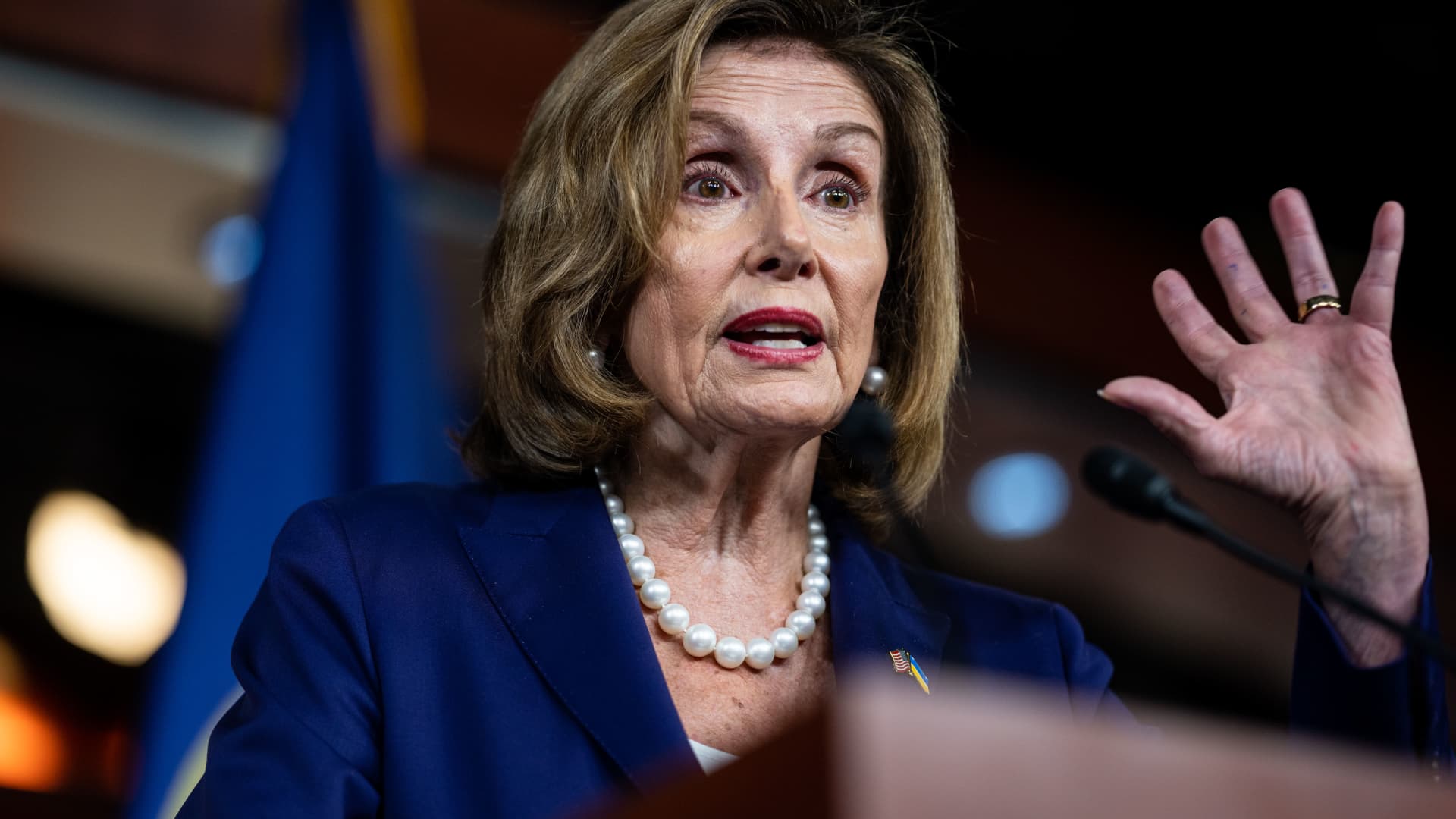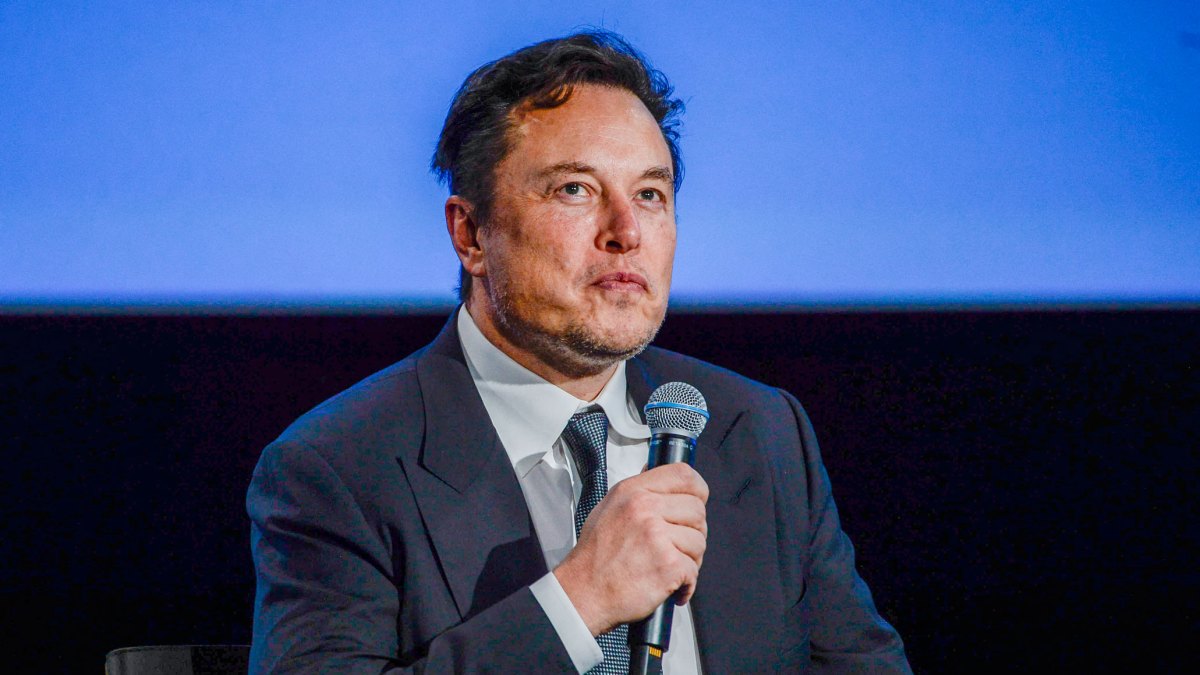
Carl Icahn slashed his company’s quarterly payouts in half and pledged to “stick to our knitting” in another substantive move acknowledging complaints raised by short-seller Hindenburg Research earlier this year.
Shares of Icahn Enterprises fell as much as 37% in New York on Friday after the firm said it will pay out $1 per depositary unit, down from the previous $2 a unit.
The company’s second-quarter loss more than doubled from a year earlier, and Icahn pledged a “reset” with the firm reducing its short bets and focusing on the activism that made him a famed investor.
“We believe strongly that our current portfolio will yield additional winners and generate significant upside ahead,” Icahn wrote in a letter.
IEP also disclosed in a filing Friday that it had been contacted in June by the US Securities and Exchange Commission’s enforcement division, after earlier reporting that the US Attorney’s Office had done so in May. The company said it was cooperating with their requests for information related to corporate governance, capitalization, securities offerings, disclosure, dividends, valuation, marketing materials, due diligence and other materials.
Neither the US Attorney’s Office nor the SEC has made any claims or allegations against the company or Icahn, according to the filing.
‘Misleading and Self-Serving’
Icahn blamed the “misleading and self-serving Hindenburg report” for its latest struggles, while proving prescient one of the short seller’s central claims: that the firm’s dividend was unsustainable. IEP has been under pressure since May, when Nate Anderson’s firm leveled a series of accusations against it, claiming, among other things, that it was over-leveraged and trading at an excessively steep premium to its net asset value.
“On May 2nd, we predicted that ‘Icahn Enterprises will eventually cut or eliminate its dividend entirely, barring a miracle turnaround in investment performance,’” Hindenburg said on the X platform Friday. “Today, $IEP reported further investment losses and slashed its dividend by 50%. We remain short.”
IEP closed down 23% to $25.09, giving the company a market value of about $9.9 billion. The stock is down 50% this year.
Asset Value
Following Hindenburg’s attack, Icahn renegotiated some loan terms to lower the chances of a margin call, as he had pledged more than 100 million shares in his firm as collateral. That represented almost one-third of his stake in IEP.
The new agreement untied his personal loans from IEP’s share performance. Under the new terms, his loans are tied to the firm’s indicative net-asset value, or basically the value of IEP’s holdings. Its indicative net asset value fell to $5 billion in the first half of the year from $5.6 billion at the end of 2022.
The new terms “significantly diffused the effects of the misleading Hindenburg report, and focused on our activist strategy and reduced our hedge book,” Icahn said in a regulatory filing Thursday.
The company had $2.5 billion in revenue last quarter, down from $3.5 billion a year earlier. Its net loss widened to $269 million in the quarter, up from $128 million.
IEP won one board seat in May at Illumina Inc. after blasting the company and its board for selling and buying back cancer-detection firm Grail Inc. at a higher price. After the proxy battle, Illumina’s then Chief Executive Officer Francis deSouza resigned despite winning support from investors in the vote.
“Activism is the best investment paradigm,” Icahn said.

























































